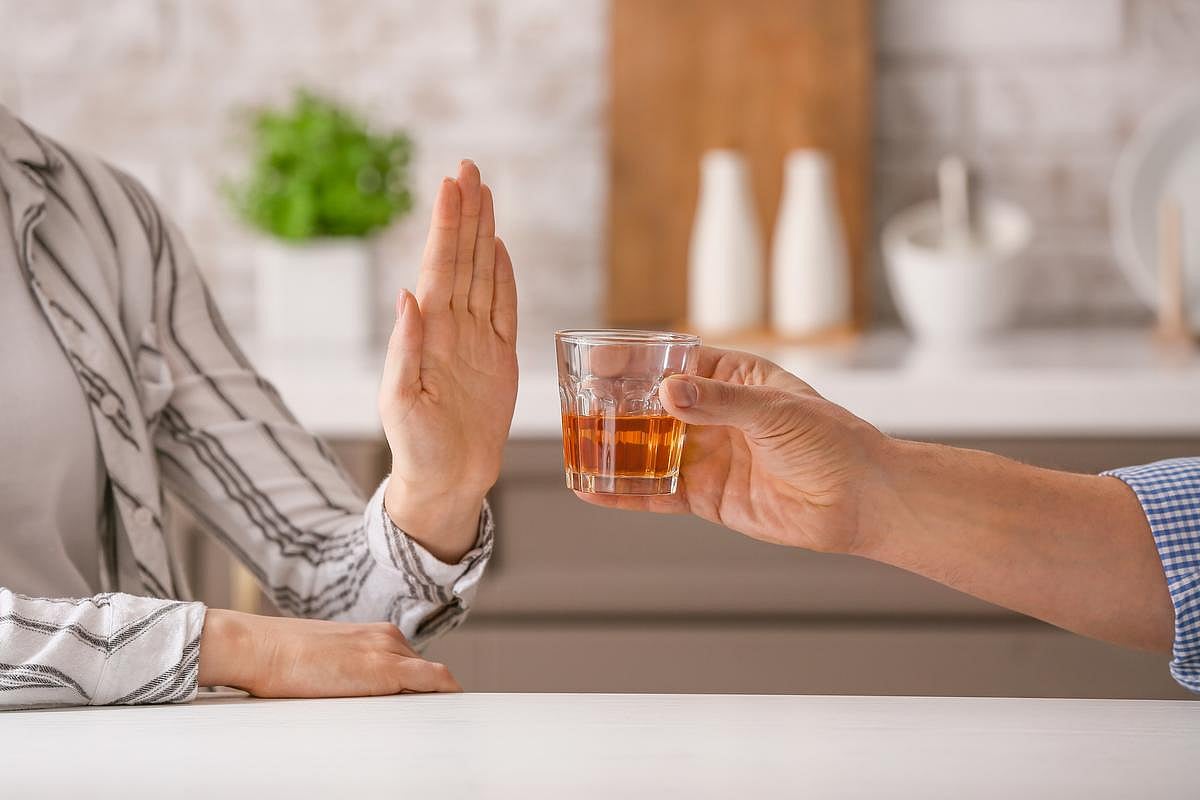Manténgase sano!

- Ernie Mundell
- Posted November 15, 2024
More Evidence That GLP-1 Meds Curb Alcohol Abuse
There have been a slew of studies recently supporting the notion that the same mechanisms that help folks lose weight with Ozempic and its kin also work to curb problem drinking.
Now, a new study out of Britain adds to that growing pile of evidence.
“Our findings show that this type of diabetes medication shows promise in reducing alcohol consumption, potentially by targeting the brain’s reward centre," said study lead author Dr. Mohsen Subhani.
The effect was especially pronounced in heavy drinkers who are also obese (a BMI over 30), added Subhani, who is a clinical assistant professor of gastroenterology at the University of Nottingham.
The diabetes meds in question are called GLP-1 RAs (sometimes abbreviated as GLP-1s). They include diabetes meds like semaglutide (Ozempic and its weight-loss cousin, Wegovy), exenatide (Byetta), dulaglutide (Trulicity), and liraglutide (Victoza).
The study was a kind of review: Researchers looked at collected data from prior studies.
Subhani's team focused at results from six studies conducted before August of this year, including two "gold standard" clinical trials comprising a total of more than 88,000 people, about 44% of who were taking a GLP-1 medication.
They tracked whether use of a GLP-1 med altered rates of alcohol use, alcohol-related health problems, hospital visits and "brain reactions to alcohol cues," according to a university news release.
In one study, taking exenatide for six months didn't seem to affect alcohol issues for participants overall, but it did seem tied to reduced drinking for people who were also obese, the team said.
Another trial found that people who took dulaglutide were 29% more likely to reduce their alcohol consumption than those on a placebo.
And in the observational studies -- those that weren't prospective, clinical trials -- people displayed fewer health issues linked to alcohol if they were taking a GLP-1 versus other treatments, the research team said.
The findings were published Nov. 14 in the journal eClinicalMedicine.
All in all, "our findings suggest this could be a potential treatment option in the future for excessive alcohol use and subsequently could lead to a reduction in alcohol-related deaths,” Subhani said.
More information
There's more on how to recognize and curb problem drinking at Mount Sinai.
SOURCE: University of Nottingham, news release, Nov. 14, 2024







